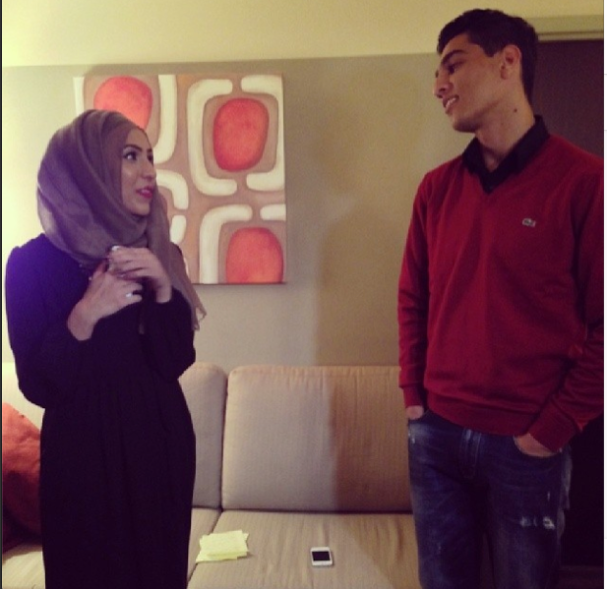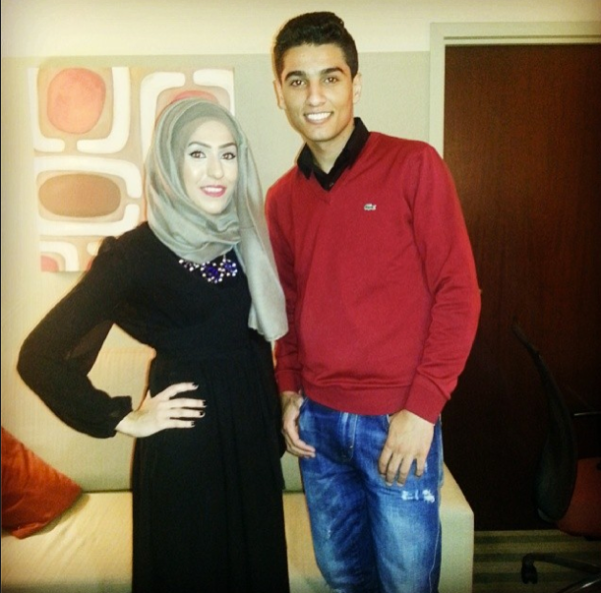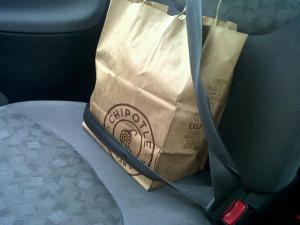Earlier this week I was invited by the New York Times to do an interview on Mohammed Assaf. For those who don’t know (how don’t you know!), Mohammed Assaf is a Palestinian from the Khan Younis refugee camp in Gaza who appeared on the MBC reality show Arab Idol and won. Singers represented different countries throughout the Arab world, and Assaf took home the win for Palestine.
The fangirl in me agreed to do the interview in hopes that I’d meet and touch and become best friends with the heartthrob. The serious part of me, agreed to do the interview to give better insight into what Mohammed Assaf’s win meant to the Palestinian community.
Why did I, an American born Palestinian from Chicago, care about the outcome of a reality show? With Palestinians being the largest refugee population in the world, you will find a Palestinian in almost every part of the world. Our nation has become somewhat scattered. What this show embodied for me, was a sense of community. A huge segment of Palestinians in diaspora were bound together, though not geographically or within the borders of a state, but through art, as we watched the show together and cheered on this central figure.
It was one of the first times in my lifetime, that a Palestinian figure, was mutually accepted by most segments of the diaspora. While a great majority of news stations reported Assaf’s win along political lines of ‘what Hamas thought’ and ‘what Fatah thought’ I think my views and the views of my peers were more important. The Palestinian community is us, the average student and worker, organizer and artist. The average person who cares about allowing creative expression and freedom of expression not under the stiffing fist of occupation. Who cares what the political factions thought? Most Palestinians have dismissed the farce of having legitimate political representation, so why must every conversation only exist within this frame?
I wanted to change the narrative. I agreed to the interview because I felt supporting the arts was important and giving a human face to the Palestinian was long overdue. Every time we hear the mention of Palestinians it is within the context of a statistic. ‘1400 Palestinians killed Gaza. 300 children arrested in the West Bank.’ The Palestinian has become dehumanized thru the fear mongering of the media. While war and occupation are huge part of the Palestinian narrative—that should not in anyway be dismissed—even those who die and suffer have a story. Who are the Palestinians?
Mohammed Assaf does represent the Palestinian. Even if he had not spoken a word about Palestine, his very existence is political. To wake up and identify as a Palestinian is political because keeping the narrative of Palestine alive is a form of resistance. To be a Palestinian singer or doctor or student, is a political role because it shows victory in the individual despite the circumstance of occupation.
I supported Mohammed Assaf’s win, not because I know the ins and outs of his life, or support his every move, but because his existence as the winner of Arab Idol pushed the Palestinian narrative to a new platform, and within a new frame, and allowed for a moment of celebration thru turmoil.
My interview was published in the New York Times, and despite my hour and half interview, I was surprisingly only quoted on talking about bras being thrown at NSync concerts versus Kuffiyas at a Assaf concert. How deep. However, having this conversation in the New York Times is so important. Video interview will be up shortly.
I did end up meeting Assaf and getting the chance to speak with him. Thru all the celebrity, he’s still just a young man from a refugee camp in Gaza. His eyes shifted modestly as he laughed at my broken Arabic. He was very kind and I was so proud of him. I couldn’t remember how to say ‘proud’ in Arabic, so I just said “I love you.” I hope that was modest of me.
New York Times Article: http://www.nytimes.com/2013/12/19/arts/music/an-arab-idol-wows-his-fans-in-america.html








